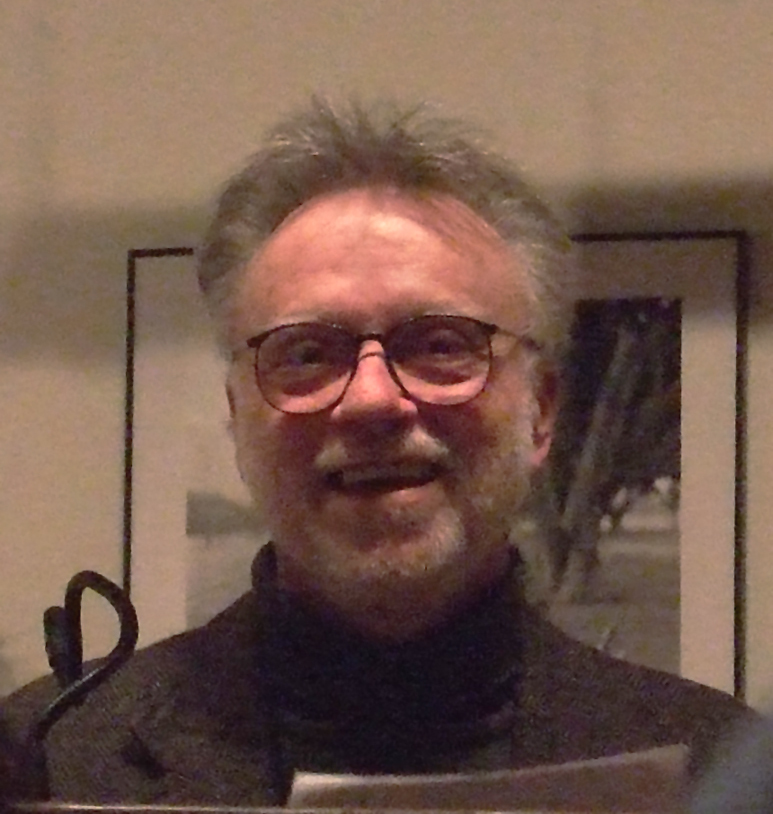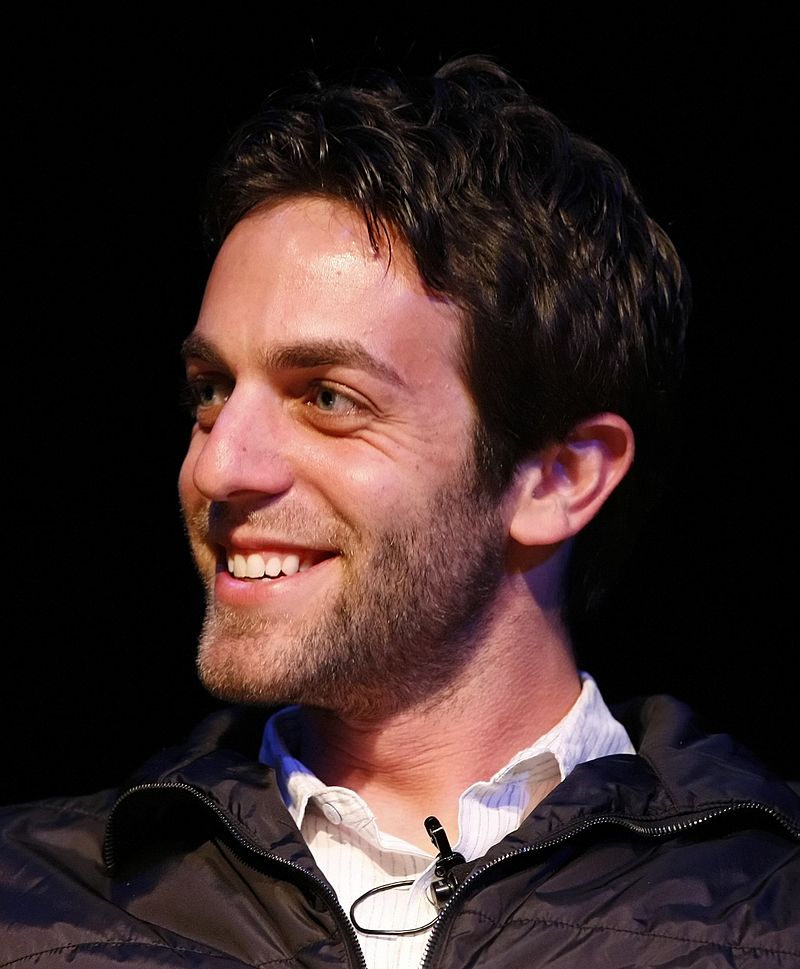 author
authorDiscover the Best Books Written by Hilary Mantel
Dame Hilary Mary Mantel was a British writer whose work included historical fiction, personal memoirs, and short stories. Her first published novel, Every Day Is Mother's Day, was released in 1985. She went on to write 12 novels, two collections of short stories, a personal memoir, and numerous articles and opinion pieces. Mantel won the Booker Prize twice: the first was for her 2009 novel Wolf Hall, a fictional account of Thomas Cromwell's rise to power in the court of Henry VIII, and the second was for its 2012 sequel Bring Up the Bodies.
The third installment of the Cromwell trilogy, The Mirror, and the Light, was longlisted for the same prize. Hilary Mary Thompson was born on 6 July 1952 in Glossop, Derbyshire, the eldest of three children, with two younger brothers, and raised as a Roman Catholic in the mill village of Hadfield, where she attended St Charles Roman Catholic Primary School. Her parents, Margaret (née Foster) and Henry Thompson (a clerk) were both Catholics of Irish descent, born in England.
When Mantel was seven, her mother's lover, Jack Mantel, moved in with the family. He shared a bedroom with her mother while her father moved to another room. Four years later, when she was eleven, the family, except for her father, moved to Romiley, Cheshire, to escape the local gossip. She never saw her father again. When the family relocated, Jack Mantel (1932–1995) became her unofficial stepfather, and she legally took his surname. She attended Harrytown Convent school in Romiley, Cheshire.
In 1970, she began studies at the London School of Economics to read law. She transferred to the University of Sheffield and graduated with a Bachelor of Jurisprudence in 1973. After university, Mantel worked in the social work department of a geriatric hospital and then as a sales assistant at Kendals department store in Manchester. In 1973 she married Gerald McEwen, a geologist. In 1974, she began writing a novel about the French Revolution but could not find a publisher (it was eventually released as A Place of Greater Safety in 1992).
In 1977 Mantel moved to Botswana with her husband, where they lived for the next five years. Later, they spent four years in Jeddah, Saudi Arabia. She later said that leaving Jeddah felt like "the happiest day of [her] life"; she published memoirs of this period in The Spectator and the London Review of Books. Mantel's first novel, Every Day Is Mother's Day, was published in 1985, and its sequel, Vacant Possession, a year later.
After returning to England, she became the film critic of The Spectator, a position she held from 1987 to 1991, and a reviewer for several papers and magazines in Britain and the United States. Her third novel, Eight Months on Ghazzah Street (1988), drew on her life in Saudi Arabia. It features a threatening clash of values between the neighbors in a city apartment block to explore the tensions between Islamic culture and the liberal West.
Her Winifred Holtby Memorial Prize-winning novel Fludd is set in 1956 in a fictitious northern village called Fetherhoughton, centering on a Roman Catholic church and a convent. A mysterious stranger brings about transformations in the lives of those around him. Mantel was a Booker Prize judge in 1990 when A.S. Byatt's novel Possession was awarded the prize.
A Place of Greater Safety (1992) won the Sunday Express Book of the Year award, for which her two previous books had been shortlisted. A long and historically accurate novel, it traces the career of three French revolutionaries, Danton, Robespierre, and Camille Desmoulins, from childhood to early deaths during the Reign of Terror of 1794.
Best author’s book






















